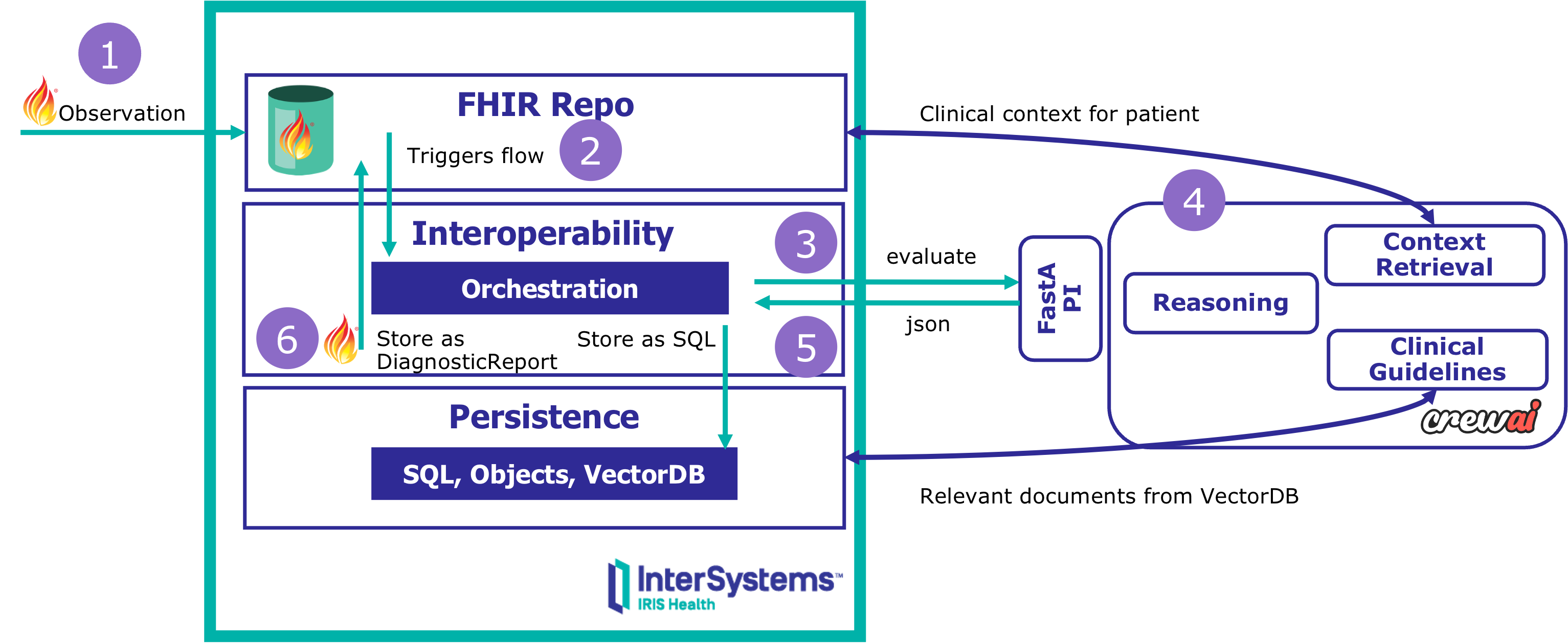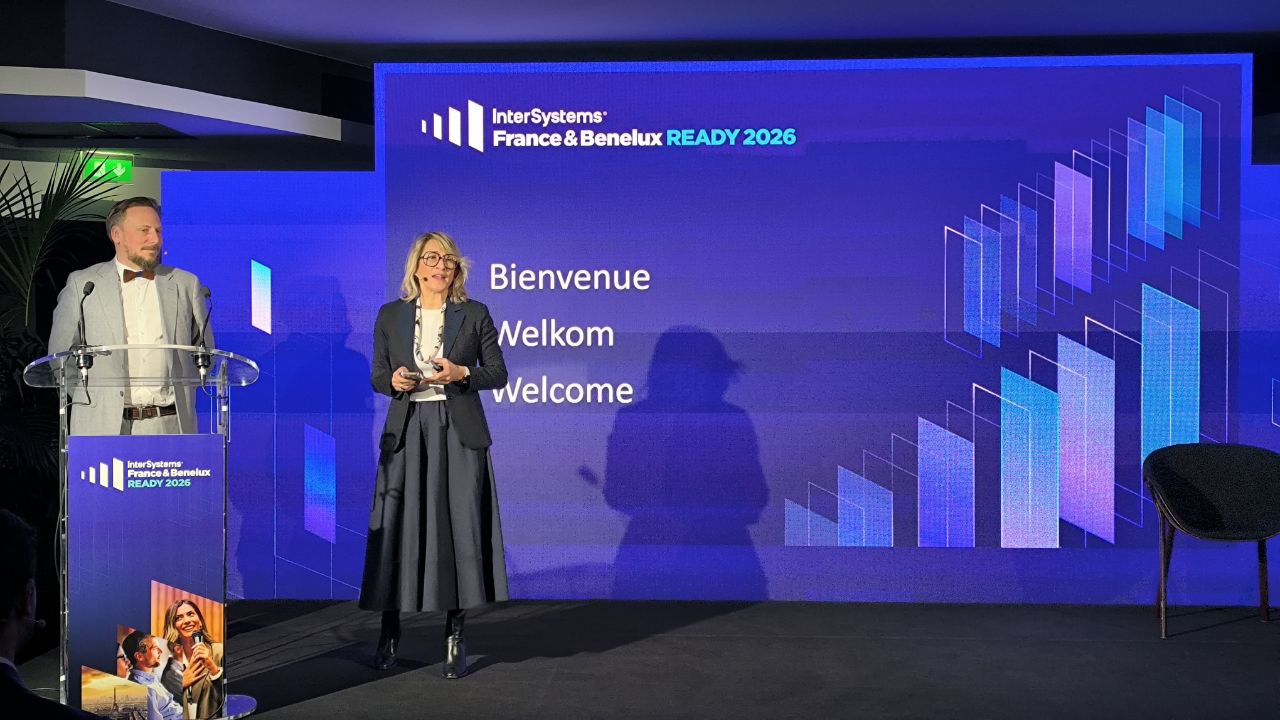I have always struggled with Iterating through a JSON response to pull out certain fields into a Data Class Structure to use to populate fields in a DTL. So I defined the whole structure for the following JSON, with the base structure extending Ens.Response, %XML.Adaptor, and %JSON.Adaptor.
{
"status": {
"message": "success",
"code": 200
},
"data": {
"client": "xxxxxxxxxxxxxxxxxxxxxxxx",
"entities": [
{
"id": "xxxxxxxxxxxxxxxxxx`",
"name": "xxxxxxxxxxxxxxxxx",
"totalCommentCount": .jpg)

.png)
.png)

.png)


.png)
.png)
.png)

